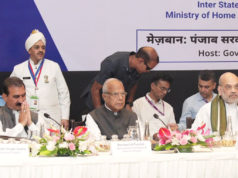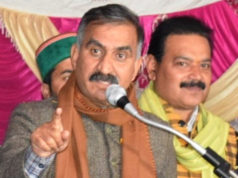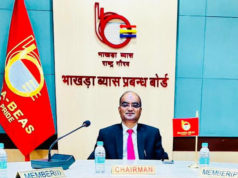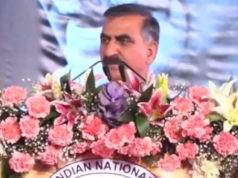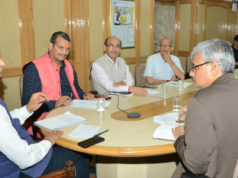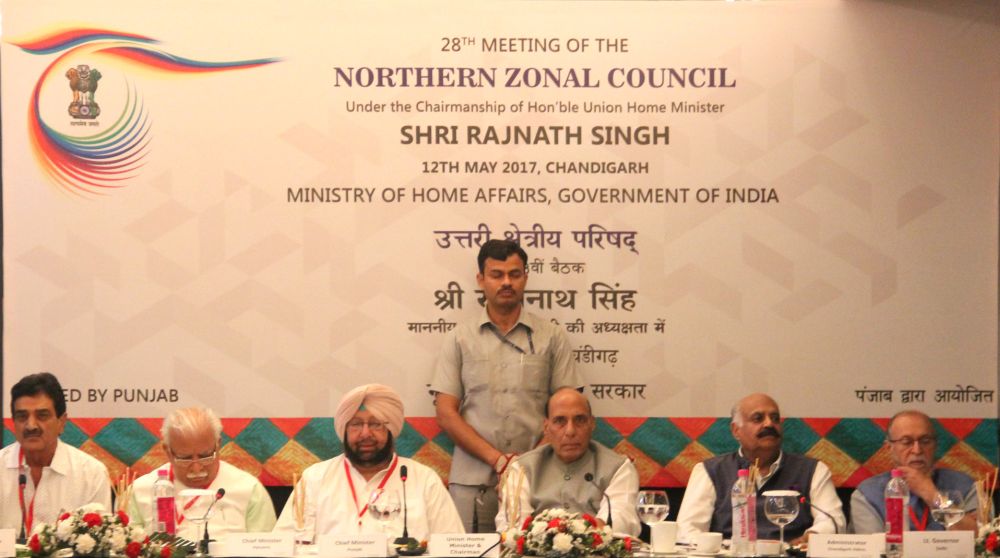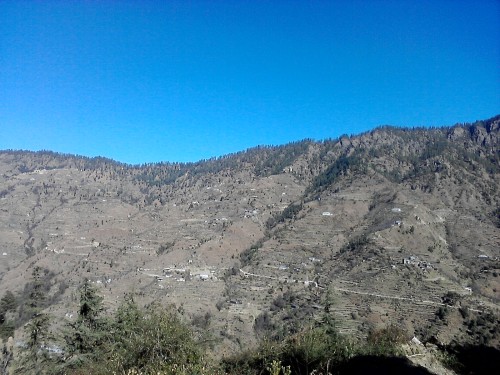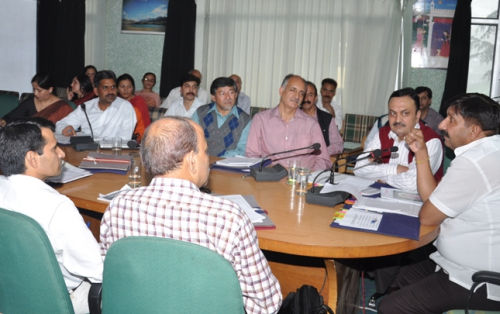Himachal Government Demands Increased Royalty in Hydel Projects, State Seeks Fair Share of Free Power in BBMB and SJVNL Projects
Himachal Pradesh Chief Minister Sukhvinder Singh Sukhu has welcomed the decision of the Union Government to eliminate the need for a No Objection Certificate (NOC) to use waters from Bhakra Beas Management Board (BBMB) projects for irrigation and drinking water purposes. Previously, the state had to navigate a cumbersome process to obtain the NOC, negatively impacting the interests of its residents.
Praising this crucial decision, Chief Minister Sukhu emphasized the state’s commitment to advocating for its rights in a fair manner. He acknowledged that numerous projects had been utilizing the state’s natural resources without adequately addressing the concerns and welfare of its citizens. While Himachal Pradesh has consistently contributed to the country’s overall development and maintained cordial relationships with other states, the Chief Minister emphasized that the state should not be deprived of its legitimate rights. He affirmed his dedication to continue fighting for the state’s entitlements.
The state government has also demanded an increase in royalty for hydel projects. Currently, in BBMB projects, including the Bhakra Dam, Beas Satluj link, and Pong Dam, the state does not receive free power as royalty, obtaining only a 7.19 percent share of electricity, which is deemed insufficient.
Likewise, Himachal Pradesh is entitled to only 12 percent of free power in Satluj Jal Vidyut Nigam Limited (SJVNL) commissioned projects, with no fixed contract period. The state presented its case to the Central Government, advocating for a higher percentage of free power and a contract duration of 40 years. Once the set term is completed, the projects will be transferred to the state.
During a recent state tour, Chief Minister Sukhu discussed these demands with Union Power Minister R.K. Singh, focusing on reclaiming Himachal Pradesh’s rights, particularly in hydel power projects. The positive response from the Central Government has given hope to the state, as it eagerly awaits more favourable decisions that will uphold its rights.


